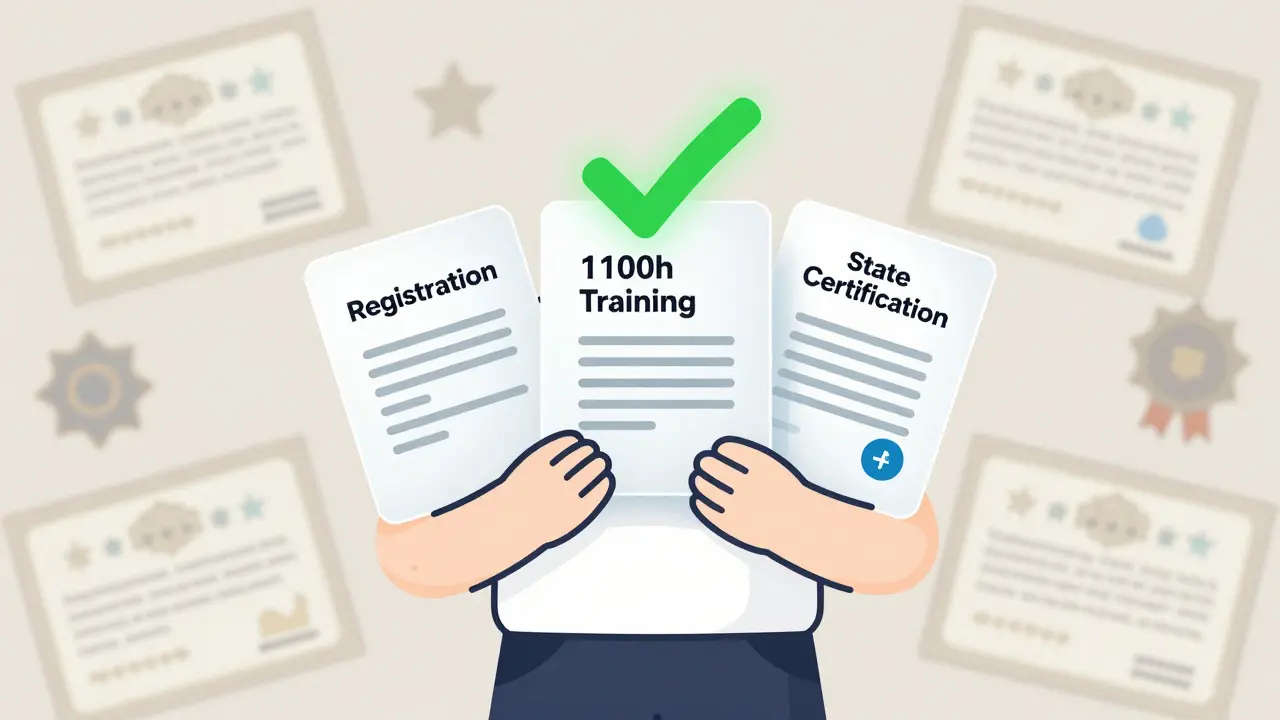Kvalitní terapeut: Jak ho najít a proč to vůbec důležité je
When you're looking for help with anxiety, depression, or relationship troubles, the most important thing isn't the method, the certificate, or even the price—it's the kvalitní terapeut, osoba, která vytváří bezpečný prostor, kde můžete být sami sebou bez strachu z hodnocení. Also known as důvěryhodný terapeut, it's someone who listens more than they speak, asks the right questions, and never rushes you to fix yourself. Many people waste months—or even years—going from one therapist to another because they focus on credentials instead of connection. You can have a PhD and still make you feel more alone after a session.
A terapeutický vztah, přirozená a bezpečná vazba mezi klientem a terapeutem, která umožňuje hlubokou změnu. Also known as terapeutická spojenost, it's the only thing science consistently links to successful outcomes. A 2021 study from the University of Prague found that clients who felt understood in the first session were three times more likely to stick with therapy long-term—even if the method used was basic. That’s why a důvěra v terapii, pocit, že terapeut nevyhodnocuje, nezavádí a neříká, co máte cítit. Also known as bezpečný prostor, it's the foundation of everything that follows matters more than any technique. You don’t need a therapist who knows everything. You need one who knows how to sit with you when you don’t know anything.
How do you spot this? Look for consistency. Does the therapist show up on time? Do they remember your story from last week? Do they respect your boundaries—even when you’re quiet? A good therapist doesn’t try to fix you in 45 minutes. They help you understand why you need fixing in the first place. And they never blame you for being broken. They ask: What happened to you? not What’s wrong with you?
Some therapists sell you hope. A kvalitní terapeut gives you clarity. They don’t promise miracles. They show you the path—even if it’s messy, slow, or uncomfortable. They let you cry, rage, or sit in silence. And they never make you feel like a project.
In the articles below, you’ll find real stories and practical advice from people who’ve been there: how to know when it’s time to switch therapists, what questions to ask during your first meeting, why gender or cultural background sometimes makes a difference, and how to recognize when a therapist is more interested in their own agenda than in your healing. You’ll also learn what really happens in trauma therapy, why silence can be powerful, and how to avoid therapists who sound good but leave you emptier than before.
- Brian Omwaka
- 0
Jak poznat kvalitního terapeuta v daném směru: Certifikace, výcvik a praxe v ČR
Zjistěte, jak rozpoznat skutečně kvalifikovaného terapeuta v ČR podle státních standardů. Víte, co znamená atestace a jak se liší od obyčejného certifikátu?
Číst více- Brian Omwaka
- 0
Vzdělání psychoterapeuta: Co by měl mít kvalitní odborník na psychoterapii v ČR
Co musí mít kvalitní psychoterapeut v ČR? Od magistratury přes atestaci až po pětiletý výcvik - všechny kroky, které vás vedou ke skutečné odbornosti. Zjistěte, jak rozpoznat skutečného terapeuta a proč je výcvik tak dlouhý a drahý.
Číst více
